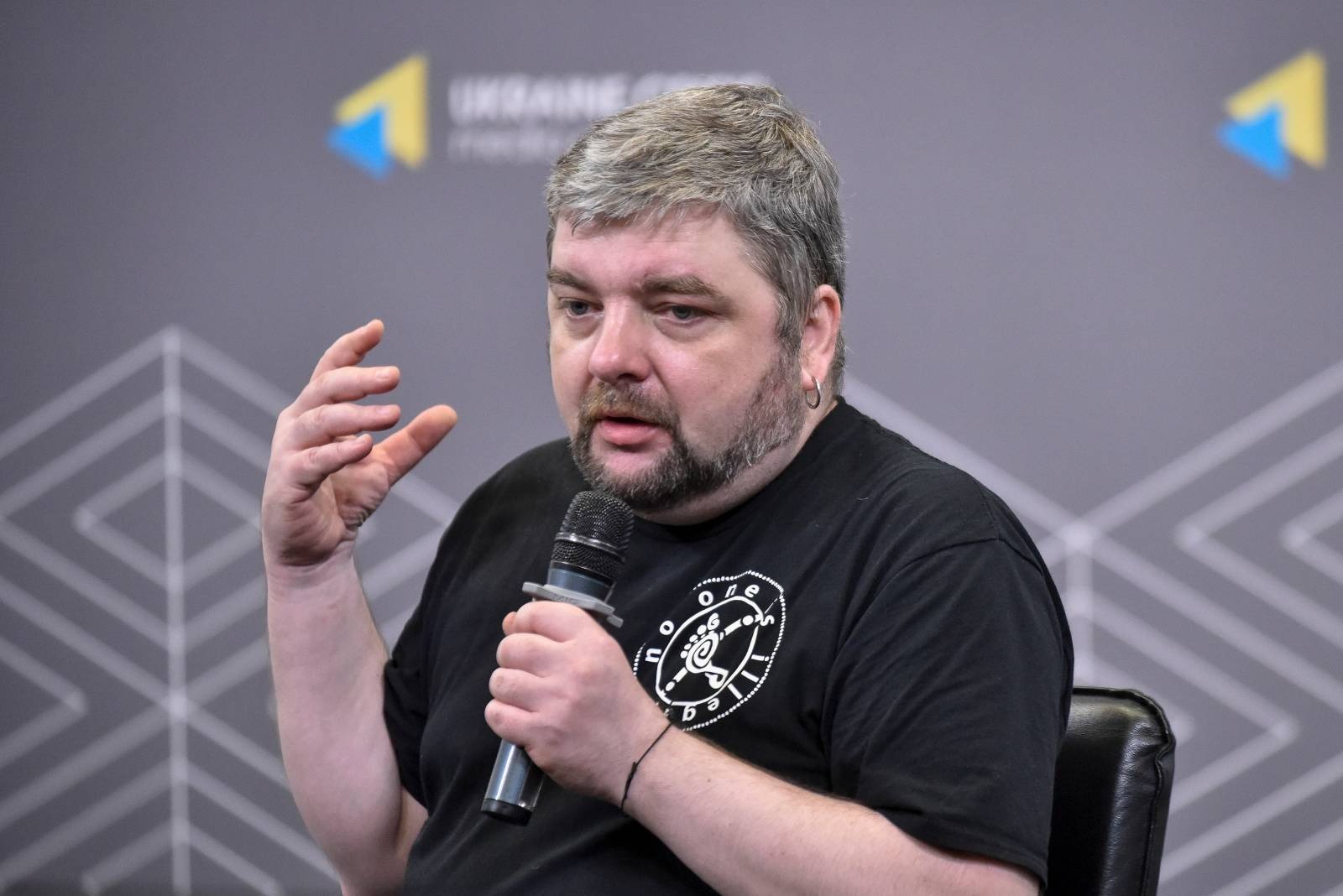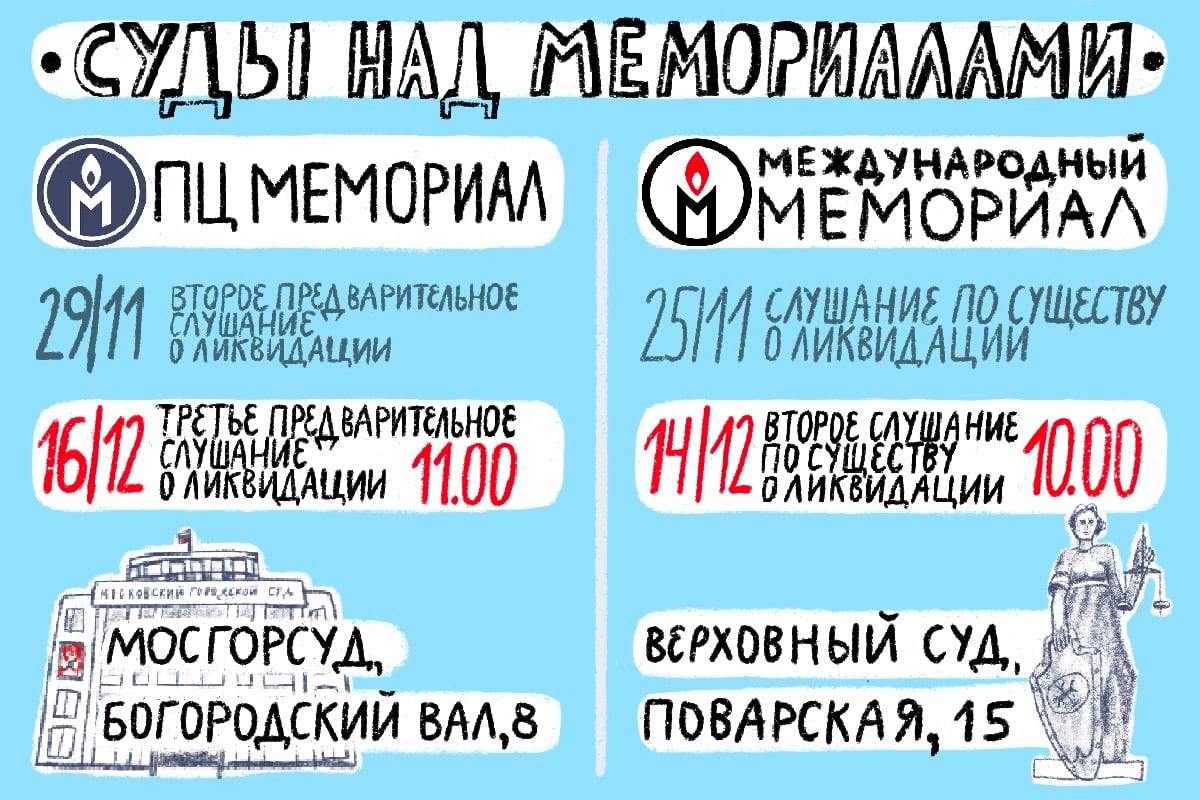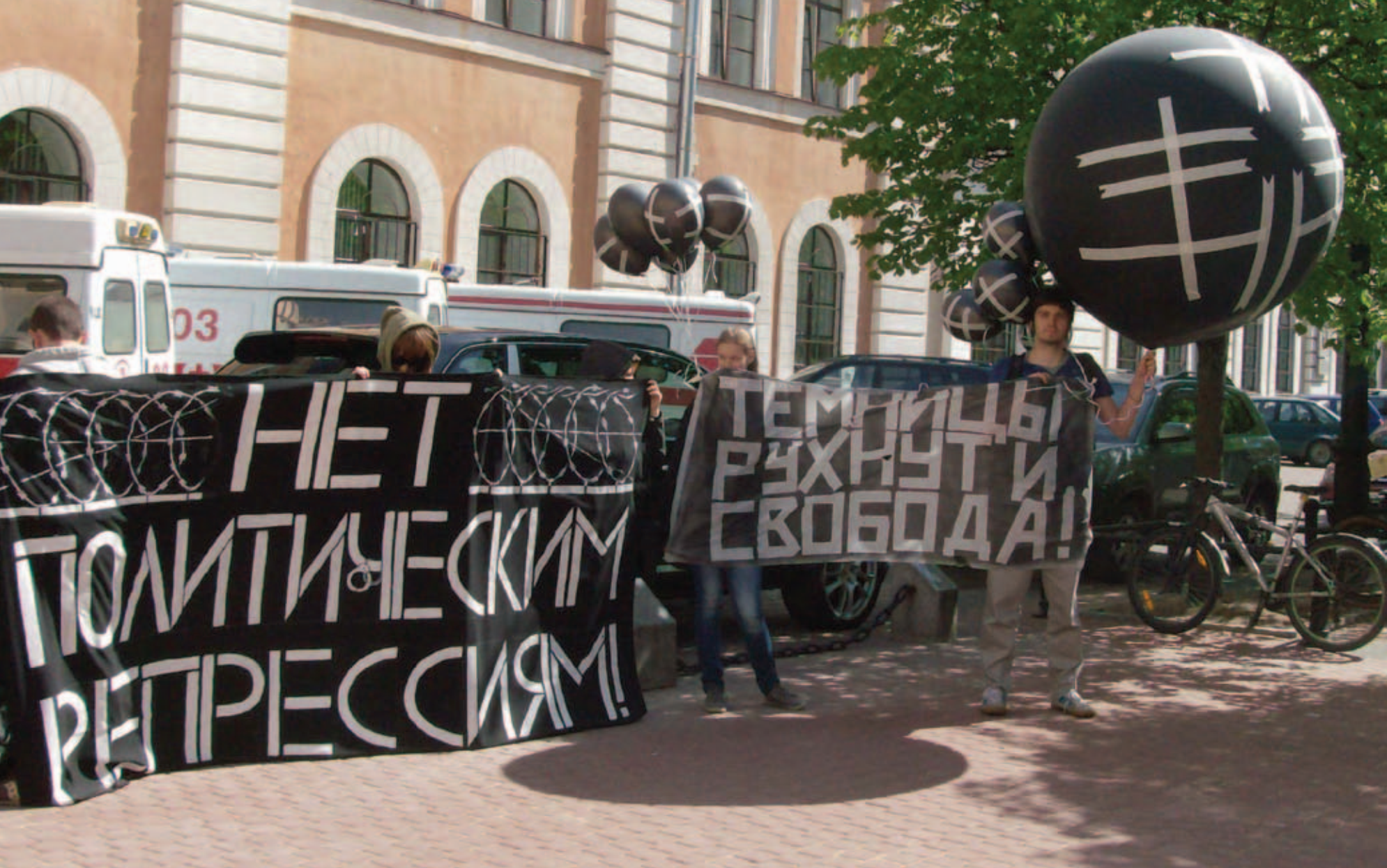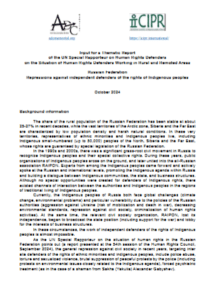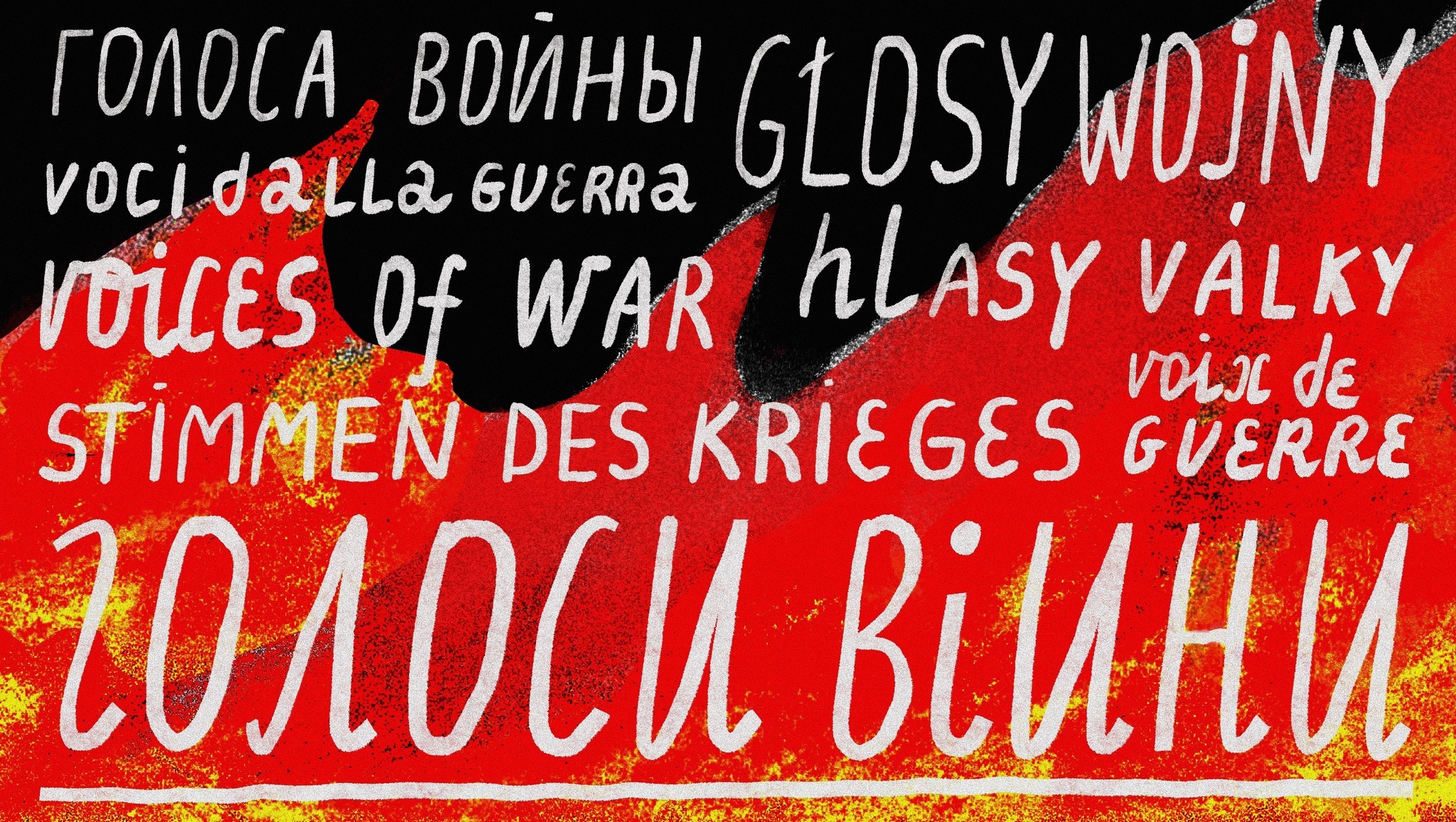International Human Rights Day, December 10, marks the adoption of the Universal Declaration of Human Rights (2018). In 2023, the 75th anniversary of the Declaration is celebrated, and this year, the United Nations announced the theme of Freedom, equality and justice for all, regardless of race, skin color, gender, language, religion, political or other beliefs, national or social origin, property, birth or other status.
On Human Rights Day, we demand the release of our friend and colleague, Ukrainian Human Rights defender Maxim Butkevich, who fought in the Armed Forces of Ukraine, was captured, and illegally convicted by the occupation authorities.
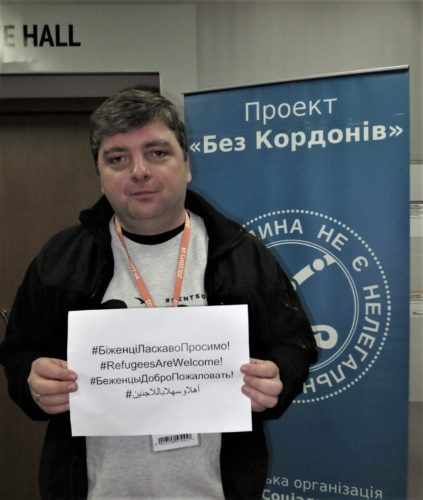
Max has always fought for unconditional respect for human dignity by all state institutions. He consulted, supported, and defended people from the most vulnerable and discriminated groups — refugees, people with migration experience. Since 2008, he has become one of the founders and active employees of the “No Borders Project”, aimed at helping asylum seekers and migrants, realizing the right to asylum in Ukraine, combating racism and xenophobia, countering hate speech in Ukraine, and helping victims of hate crimes. Maxim drew attention to the terrible conditions of detention in the Pavshino deportation camp in western Ukraine, fought to keep asylum seekers out of detention centers, in order to save people persecuted in their countries of origin from deportation.
ADC Memorial has been cooperating with Maxim Butkevich for many years. Back in the 1990s, his articles were published in the anti-fascist magazine Tum-Balalaika. In 2014, when Russia began a military invasion in Eastern Ukraine, we contacted Max for help in the evacuation of Roma from a settlement near Mariupol; one family could not leave the dangerous area because they had problems with documents. Then Max went there himself and evacuated this family to a safe place. In March 2022, when it was difficult to find transport to evacuate civilians from Kyiv, it was Max who, at our request, helped Yevgenia Lutsenko, a member of the ADC Memorial’s Council, to leave for a safe place.
“In those difficult circumstances from the very beginning of the war, when everyone was busy and upset, Maxim Butkevich responded – it turned out to be even unexpected for me. I am deeply grateful to him and wish him a soon release.”
Evgenia Lutsenko, Head of the Center for Social and Gender Studies, member of the Council of ADC Memorial.
Since 2014, with the outbreak of the Russian war in eastern Ukraine, Max Butkevich’s field of activity has expanded to the protection of the rights of internally displaced persons from Luhansk and Donetsk regions and from Crimea — housing search, paperwork, benefits, humanitarian assistance. He became the coordinator of the Resource Center for Assistance to Internally Displaced Persons. After the annexation of Crimea and the occupation of Eastern Ukraine, Russia began political repressions in these territories. Butkevich became an active participant in the Committee of Solidarity with the Kremlin Hostages, which fought for the release of Crimean political prisoners, in particular Alexander Kolchenko and Oleg Sentsov.
During the pandemic of 2020-2021, when the borders were closed, Butkevich again, upon appeals from Russian human rights activists, helped the speedy release and return to Ukraine of hundreds of Ukrainian citizens who found themselves in Russian migration prisons for small violations of migration rules.
The head of the Civil Assistance Committee Svetlana Gannushkina says:
“I deal with refugees, while Max was led the work on refugees in Ukraine. When we couldn’t help people get asylum in Russia and save them from trouble, for example, there was a risk of deportation, we sent them to Ukraine, and they were accepted by Max, who did incredible things… Even when Max was already drafted into the army and was in the Armed Forces, he coordinated the rescue of a woman – Russian citizen who needed shelter and support. She ended up in the territory where the fighting was going on, and from there she was taken away and transported to another European country. And there are a lot of such cases. In short, he just often did miracles…”
On October 19, 2023, Maxim Butkevich received the Anne Frank Special Recognition Award “for his work in upholding human rights and fighting against wrongs such as xenophobia and racism.”
After the outbreak of a full-scale war in February 2022, Maxim came to the point of the Armed Forces of Ukraine, and before being sent to the front, he volunteered in Kyiv. He explained the change in his fundamentally pacifist position by the fact that Russia by its armed attack violates all basic Human Rights – to life, to freedom, and personal integrity, and as a Human Rights defender he cannot resist this:
“Unfortunately, I have to put my refugee assistance, humanitarian and Human Rights activities on pause. […] There are times when you have to be ready to defend the things that are important – I firmly believe in this. And all the rest will be after the victory. Fatherland and Freedom”.
Maxim Butkevich was captured on June 21-24, 2022. The “LPR Court” sentenced him to 13 years in a high-security colony. Maxim Butkevich via video link from the colony during the «appeal court session»:
“I would like to express my gratitude to all those who care about me — and about all Ukrainian prisoners of war, who are in a difficult situation right now.
Those who are in the status of prisoners of war, and those who are in the status of prisoners of war -convicts — we really hope that they do not forget about us. And we are constantly thinking about those who remained free, not only about our loved ones, but also about everyone who is now in Ukraine.”
On Human Rights Day, we call for special attention to Russia’s crimes against Maxim Butkevich during his captivity: torture, violence after his capture, illegal criminal and judicial prosecution, non-observance of his rights as a convict. Maxim Butkevich is a Human Rights activist and a prisoner of war; for a year and a half of captivity, information about him was still obtained, but there are thousands of prisoners of war, abducted, illegally convicted citizens of Ukraine, whose fate is unknown.
Russia must provide information about prisoners of war and allow representatives of international organizations to their places of detention, release the abducted civil people, and stop political persecution in the occupied territories.
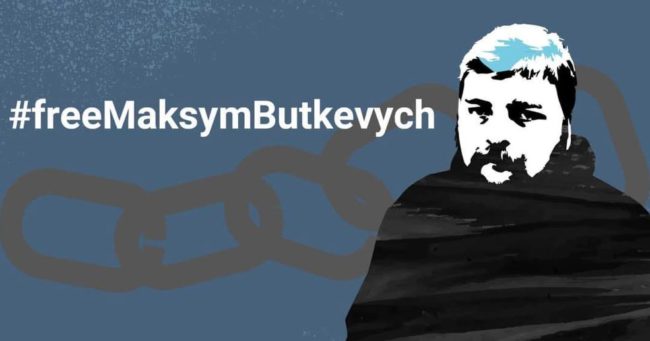









 Feedback
Feedback 